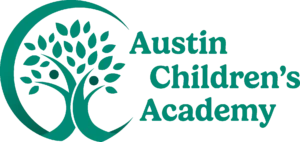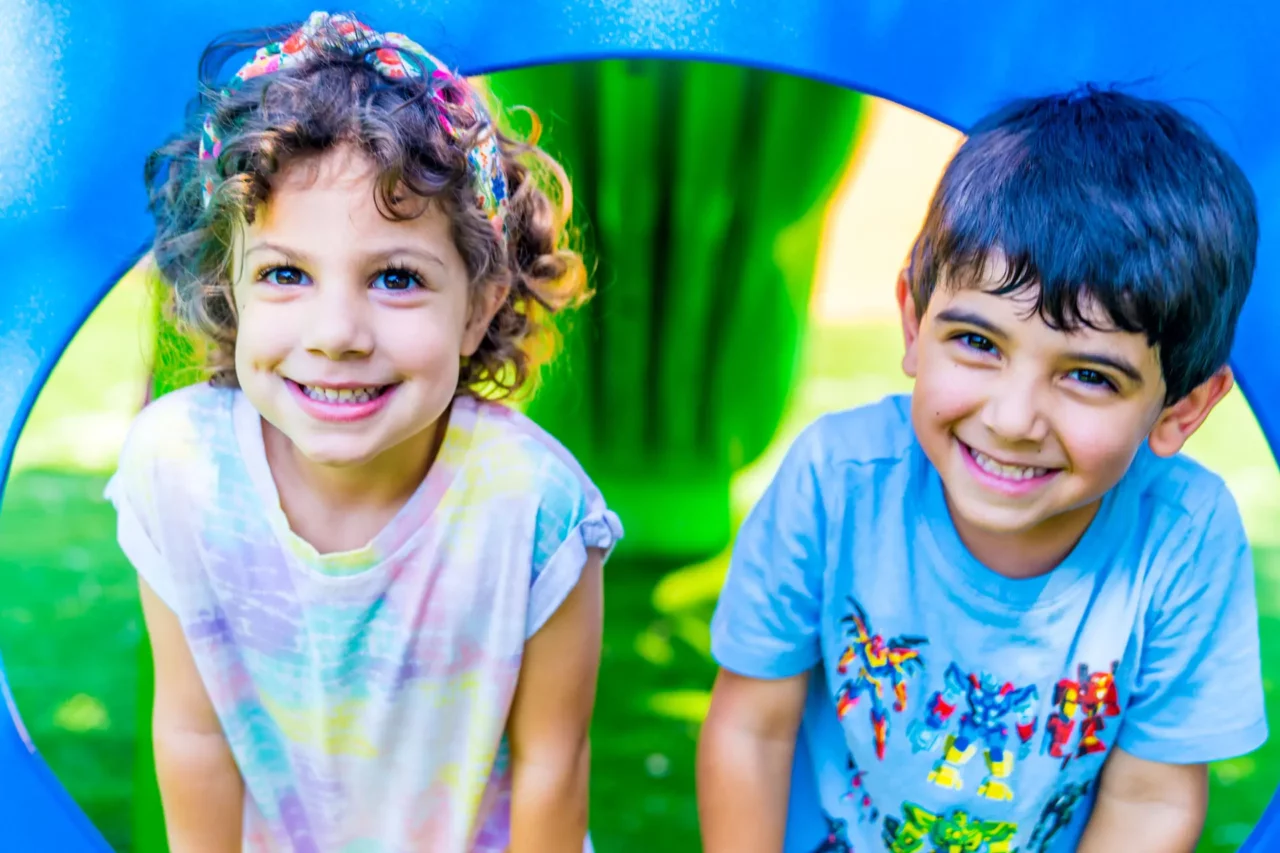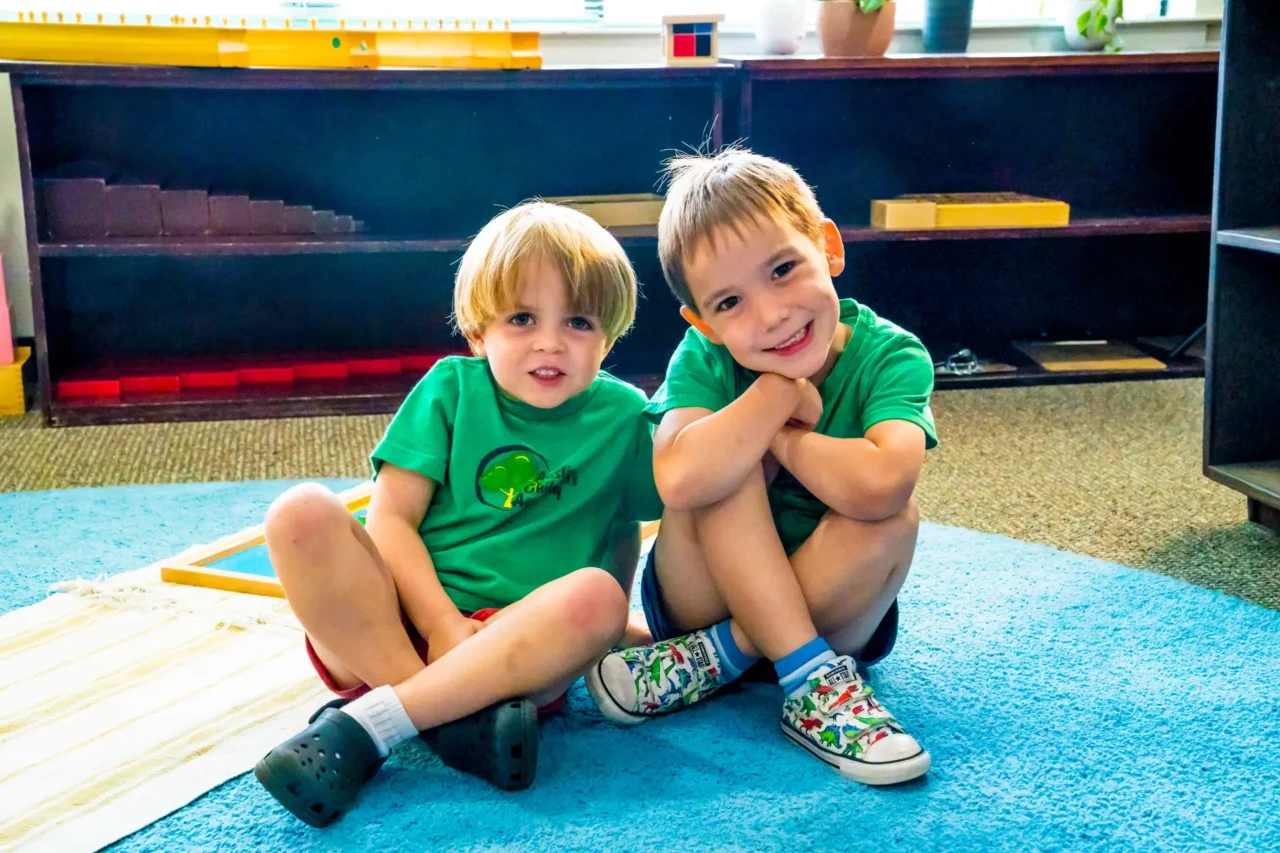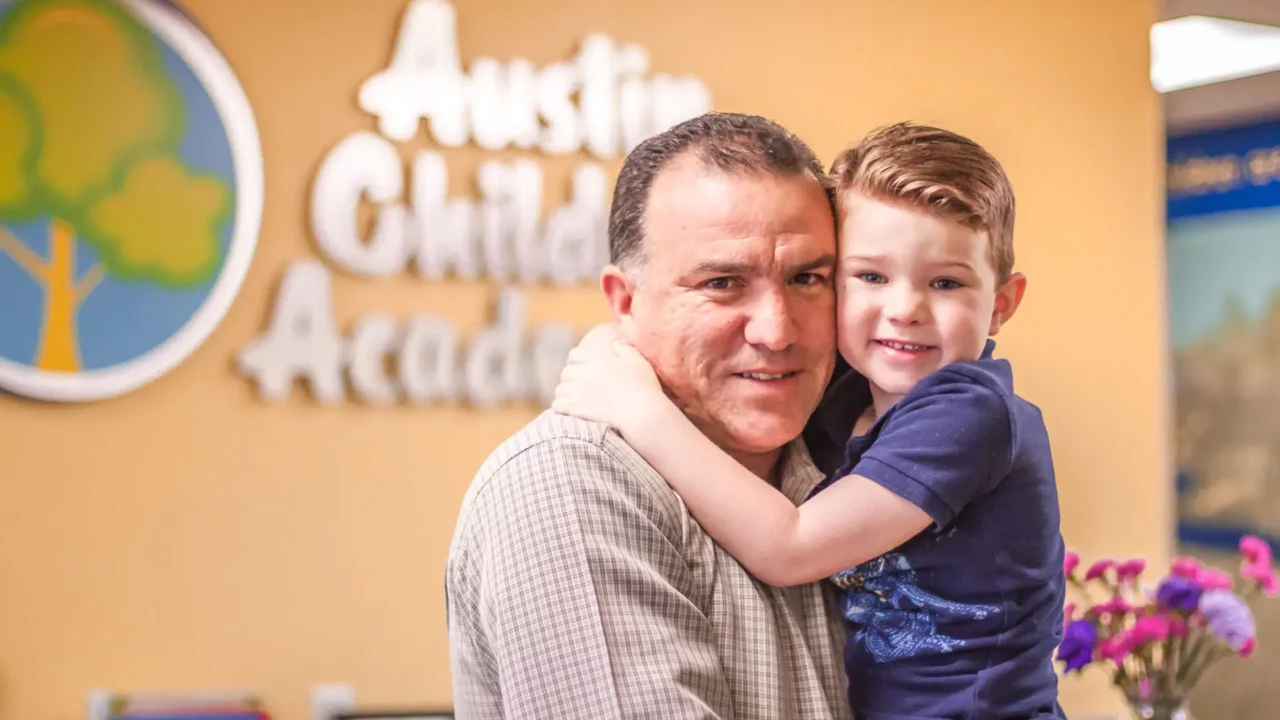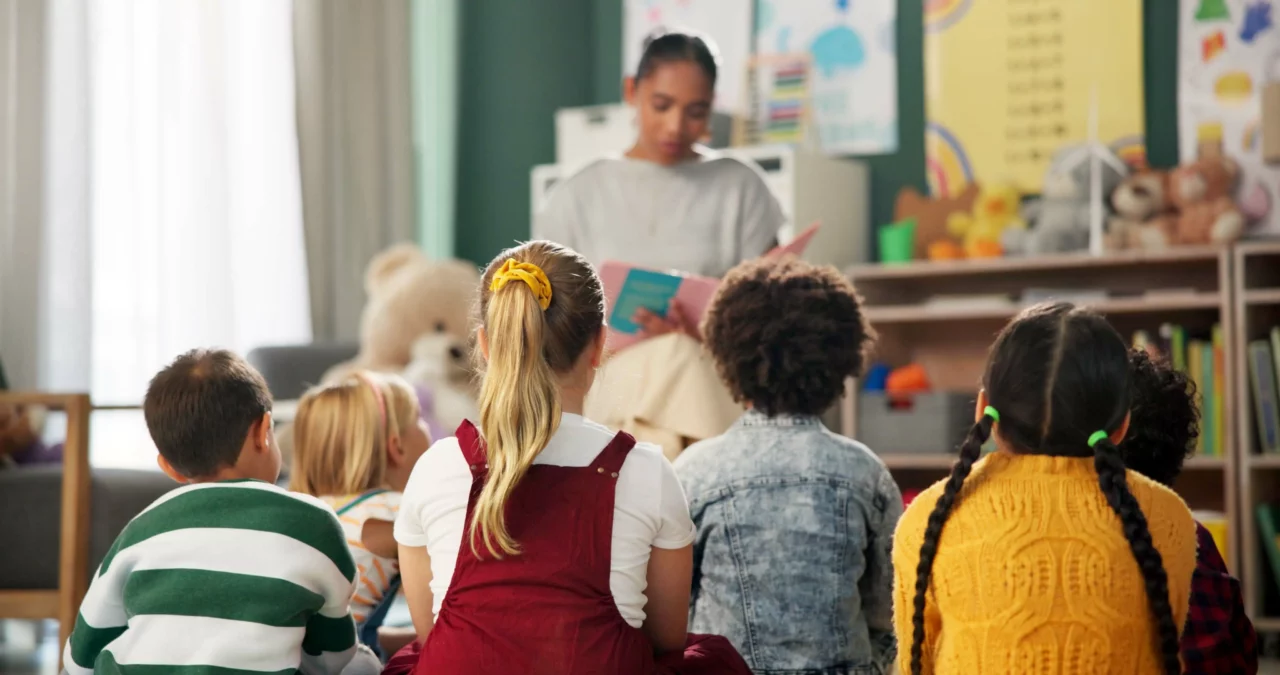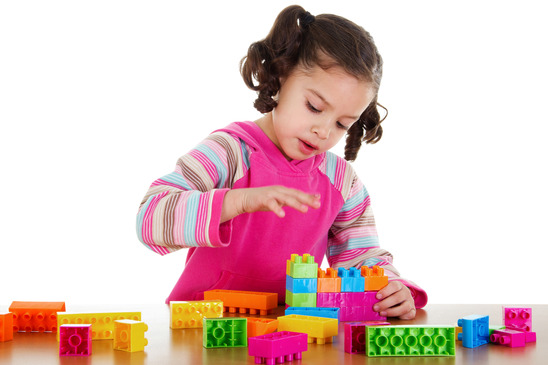
If you feel like your child isn’t learning enough in daycare, or you wonder if your child may require an alternative learning style, you may want to consider a Montessori school.
The main difference between Montessori and daycare is structure. Both offer learning opportunities, but the Montessori curriculum is more about nurturing each specific child’s unique abilities and interests. The Montessori philosophy is based on the theory that children are more open to learning when they are in a comfortable and natural learning environment. How is this accomplished? Typically, it means that the Montessori certified teachers introduce learning opportunities and materials while children are observing, understanding and exploring these concepts with their classmates. In essence, the children feel so comfortable and intrigued that learning comes naturally, not forced. Learning becomes contagious and the role of the student is more interactive through cognitive learning.
The Montessori philosophy was created in the late 1800s, by Dr. Maria Montessori, an Italian philosopher, doctor and educator. Dr. Montessori believed that children naturally strive for independence and that their minds analyze problems in a different way than adults. She also believed that there is a “window of opportunity” in correlation with the development of the human brain. Students are allowed freedom to explore the classroom in which that creates teachable moments that would otherwise be overlooked or rushed. She said in many of her published works that children are born with an innate sense of who they are, and so she created an environment and provided a curriculum that propels them to be all that they can be and work to their best of your potential.
Most Montessori activities revolve around social development, physical activity, psychological reasoning and cognitive learning. When entering a Montessori environment for the first time, children are observed to see where their interests lie and analyzed to see where they are developmentally. The children are welcomed into the learning environment and progress at his or her own pace. With this the child then opens up to the world in which they will learn despite their personality and challenges. This is a philosophy that has been proven to work with all children.
Students learn with educational materials specifically designed for that subject matter. Rather than using everyday toys and learning through play, students are given responsibilities in maintaining their learning environment and classroom. They are also introduced to practical life and sensorial skills in addition to math, science, languages, writing and reading. By providing the solid foundation, students understand at an early age that the facets of learning is exploring their curiosity. This allows children to freely embrace new situations without judgement, encourages teamwork and gives them ample time to learn each lesson collaboratively. The certified Montessori teacher provides the students support and guides them to challenge their ability to master various concepts of living a successful life.
Teachers work with the parents to make sure that there is a seamless transition in their child’s daily routine and responsibilities. This philosophy promotes the encouragement of parent involvement to provide the opportunities for their child to be at their full potential. With their involvement, also allows their child(ren) to be more intrigued to learn.
All of Dr. Maria Montessori’s philosophies and ideologies are based on scientific observations made while she was a physician and educator. This philosophy is universal for all children of all races, ethnicities and religions. Montessori promotes the principles of cultural diversity and the understanding of all human beings. So, if you’re searching for a school that cares about your child’s individuality, education, and foundation for life then visit Austin Children’s Academy Montessori school today.
